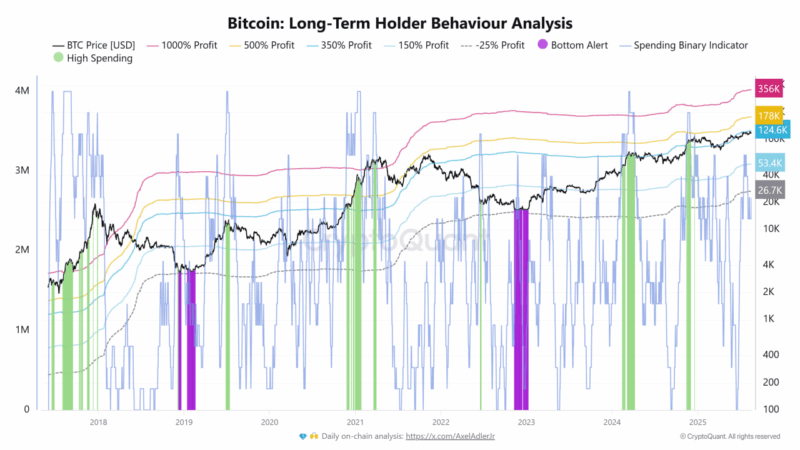SEC’s Lawsuit Against Ripple Threatens Crypto Industry’s Future in US: Bloomberg


Bloomberg has published an article where it explains why the SEC’s action against Ripple is harmful for the crypto industry in the US
Recent article from Bloomberg written by owner of the advocacy company Cecere PC and Bloomberg lawyers says that the SEC suit against Ripple Labs in harmful for the development of the crypto industry in the US.
The lawsuit against Ripple
The legal action was brought by the Securities and Exchange Commission against crypto giant Ripple Labs in late December 2020.
The agency (represented by the former chair Jay Clayton) accused Ripple and two of its high-profile executives – Brad Garlinghouse and Chris Larsen – of making continuous sales of “unregistered securities” and “investment contracts” – XRP was claimed to be both.
As a result, multiple top-tier crypto exchanges refused to continue XRP trading and suspended it. Among these platforms was Bittrex, Coinbase, Binance US, Bitstamp and smaller ones too.
XRP dropped in price and was pushed to the back of the top-ten list by market capitalization.
However, the newly appointed SEC chairman, Gary Gensler, plans to pull focus on the crypto regulation and he has an opportunity to withdraw this legal complaint, the authors of the article believe.
The reason is that this legal suit is jeopardizing crypto innovation in the United States. Besides, Gensler used to teach a course on blockchain in the MIT and he is aware of how important the development of DLT and crypto is for the US now, especially in light of China already making trials of digital yuan.
Standing to justify XRP as non-security
The authors have made a reminder in the article about what a security actually is (something that makes a holder an owner of a stake in the company) and proving that XRP is not that. They also offer their arguments against the coin being called an investment contract.
XRP is important, as per the article, as it is superior to the major cryptos Bitcoin and Ether (which the SEC has classified as non-security assets) in terms of transaction speed, low cost and absence of carbon footprint caused by mining.





